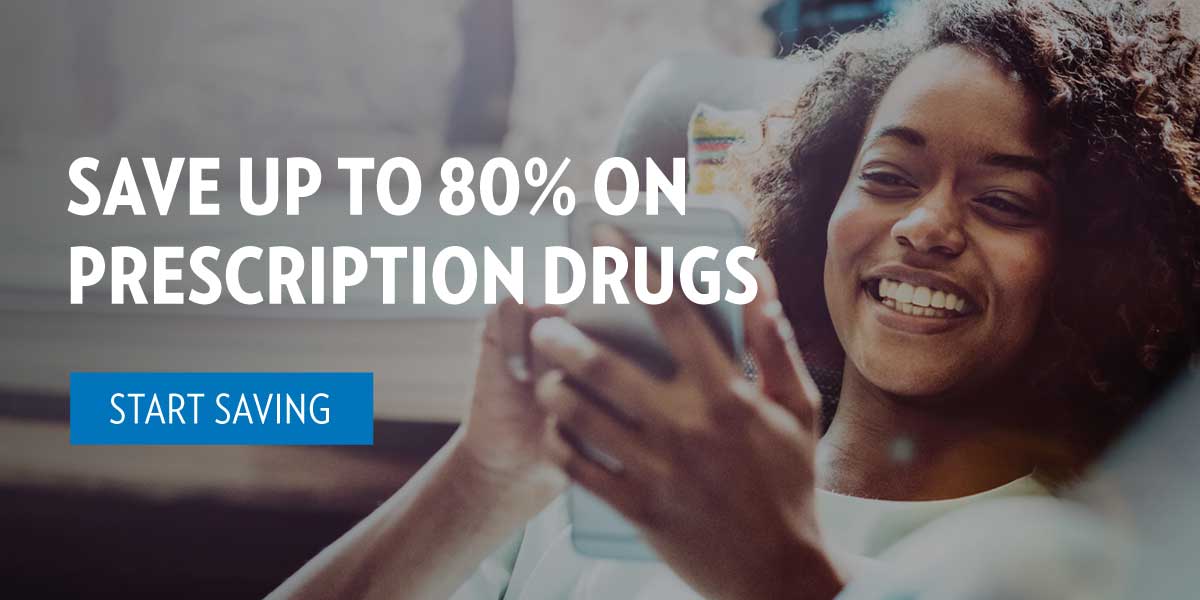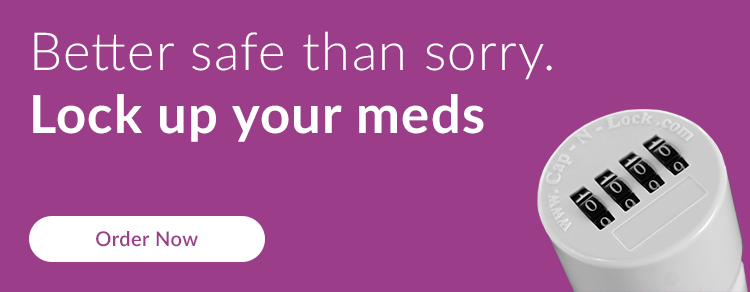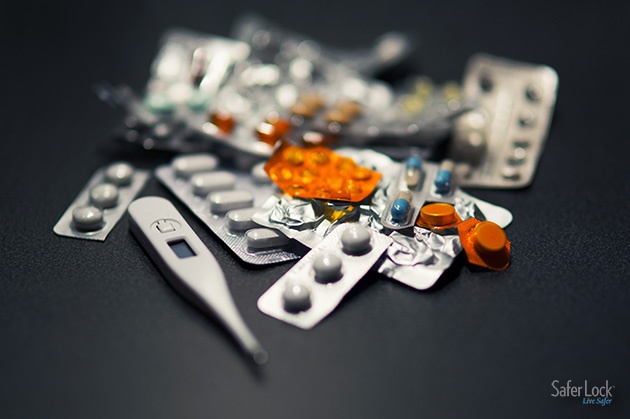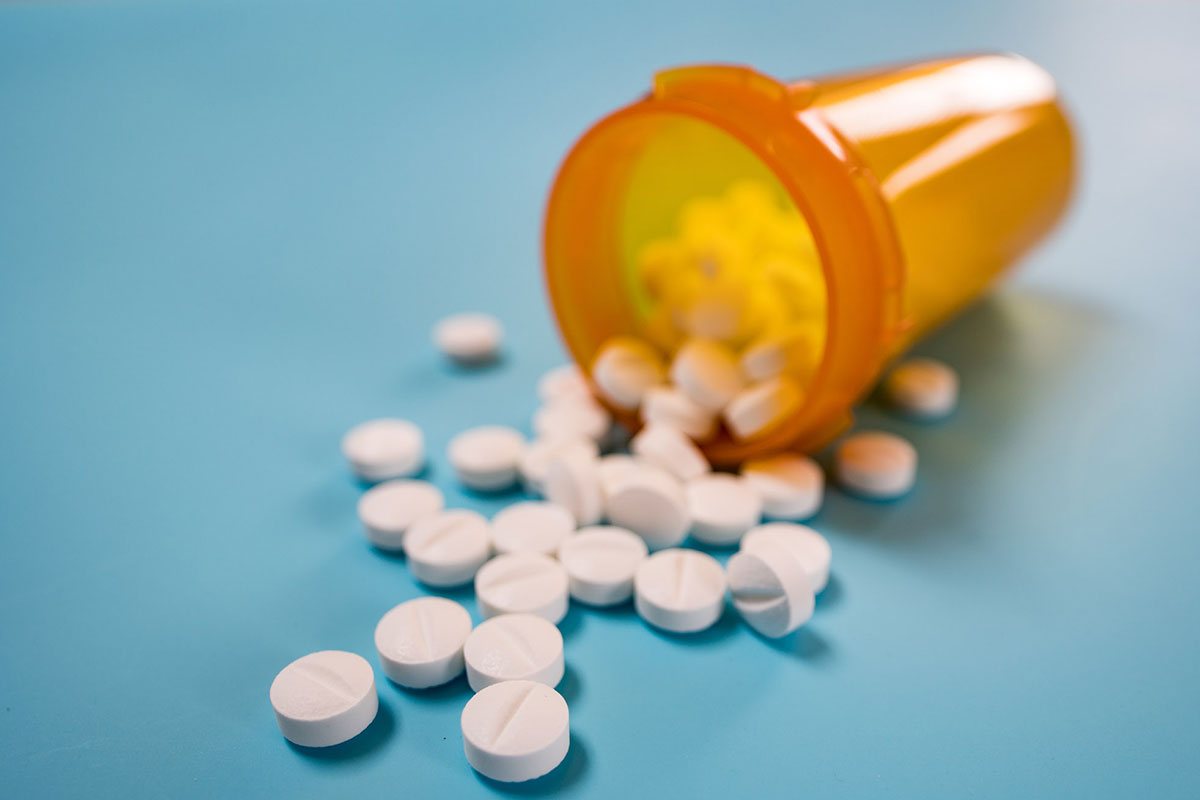Living with a teen is tough. One minute they’re responsible and respectful; the next they’re sullen, withdrawn, and throwing a fit that reminds you of the toddler next door.
One day your teen is telling you everything about their life, but the next you can’t get a word out of them (unless that word is “fine”).
Trying to read between the lines of your teen’s behavior can be a tricky task. So how can we, as parents, tell the difference between the normal teenage rollercoaster, and a much more serious problem?
Paying close attention to your teen’s behavior can help you spot the signs of prescription drug abuse.
When a teen starts experimenting with pills, there may be distinct changes in their personality that will clue you in – if you are paying attention.
Here Are 13 Signs that a Teen May Be Using, or Abusing, Prescription Pills
- They appear unnaturally relaxed, confused, or drowsy
- They complain of being nauseous or constipated
- Their pupils appear constricted or dilated
- They withdraw from family, friends, and favorite interests and hobbies, and spend more time alone
- They display emotional changes such as crying or being irritated all of the time, or have extreme shifts in energy, mood, and concentration
- They begin to neglect responsibilities such as household chores or schoolwork
- Their grades may begin to drop, or they may call in “sick” to school or their job regularly
- They display an increased sensitivity to normal sights, bright lights, sounds, and emotions
- They neglect their personal hygiene or appearance
- Their sleep patterns are off: staying awake all night or for days at a time, sleeping all day to catch up, or it’s difficult to wake them from sleep
- They suddenly start blowing through more and more cash, but can’t explain what they’re spending it on
- They become hostile, aggressive, angry, or defensive toward anyone who asks simple questions about their activities or tries to control their actions
- They no longer care about family rules, school rules, or societal rules
Sound like every teenager you’ve ever met?
Don’t worry. One or two of these signs in isolation don’t necessarily mean you’ve got a problem on your hands, but if they start piling up, it might be a sign your teen is using.
Pain Pills VS. Stimulants: Know the Signs
Pain pills are the most commonly abused prescription drugs, closely followed by stimulants for treating Attention Deficit Hyperactivity Disorder (ADHD). Since these two types of drugs affect the body in different ways, the signs of use will be different for each.
Signs of Pain Pill Abuse
Opioid pain relievers such as Oxycontin and Vicodin cause sedation, drowsiness, and lethargy. Your teen may have slurred speech or be confused and disorientated if they have taken an opioid. They may experience side effects such as itchiness, nausea, and vomiting. Their pupils may be small (constricted), and it may be difficult for them to see in darker or dim light.
Signs of Stimulant Abuse
Stimulants such as ADHD medications like Ritalin and Adderall can actually cause a calm sense of focus, as well as hyperactivity. Your teen may act nervous, restless, or have difficulty sleeping. They may lose their appetite and lose weight. They may experience side effects such as dry mouth, diarrhea, constipation, dizziness, irregular heartbeat, or uncontrolled shaking. Their pupils may be large (dilated) and sensitive to light.
Moody, withdrawn, changing friends, changing grades, not wanting to be told what to do: sure, some of these sound like a textbook description of what to expect from life with a teenager, and may be no cause for concern.
You know your teen better than anybody.
Your teen could be getting pills from any one of her friends, but most kids who experiment or abuse prescription drugs get them right from the medicine cabinets at home.
If you have any kind of prescription drugs in your home, or if you suspect your teen may be experimenting with pills, watch for the signs of pill use and abuse. Your attention could save the life of your teen.





